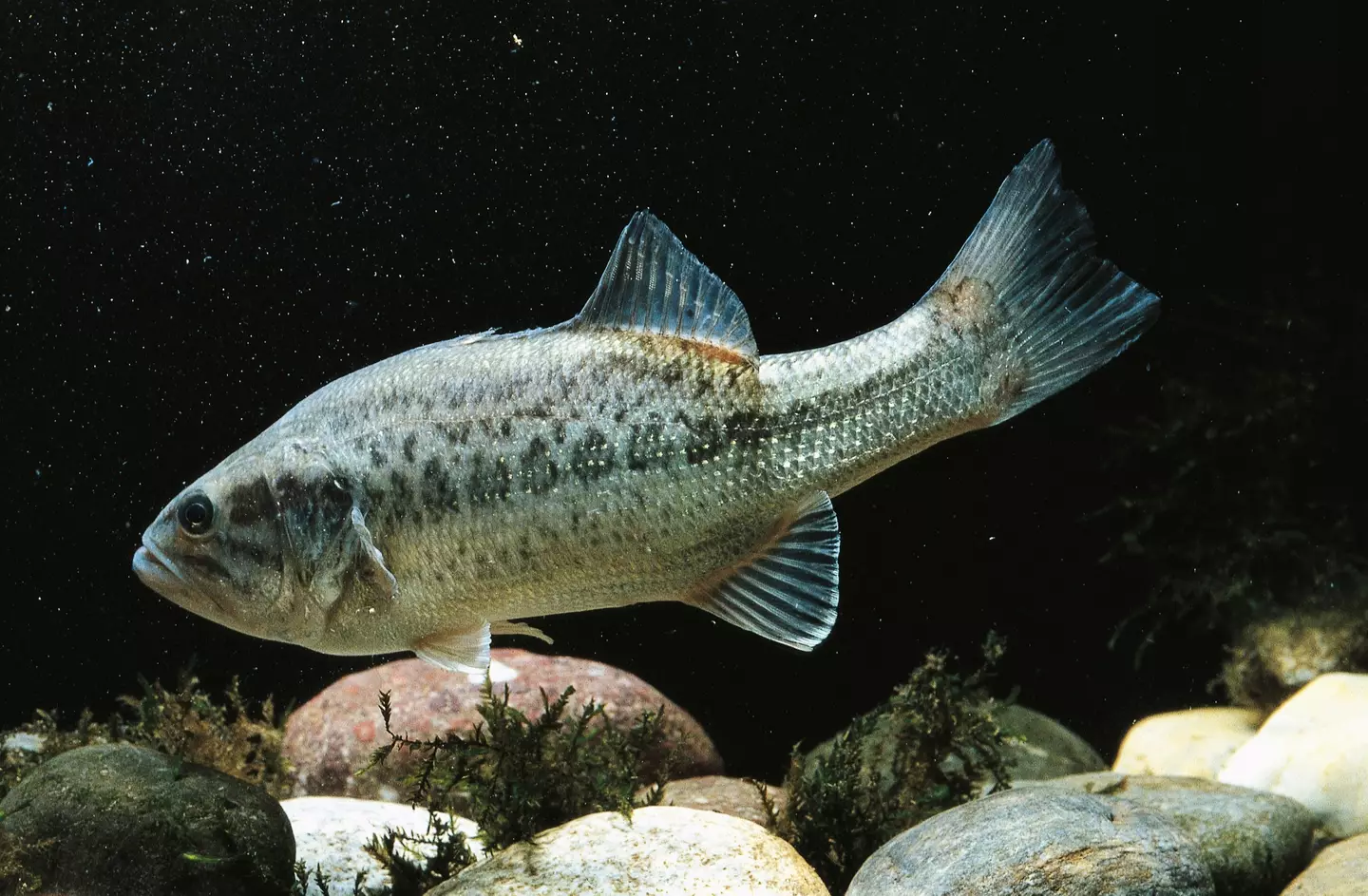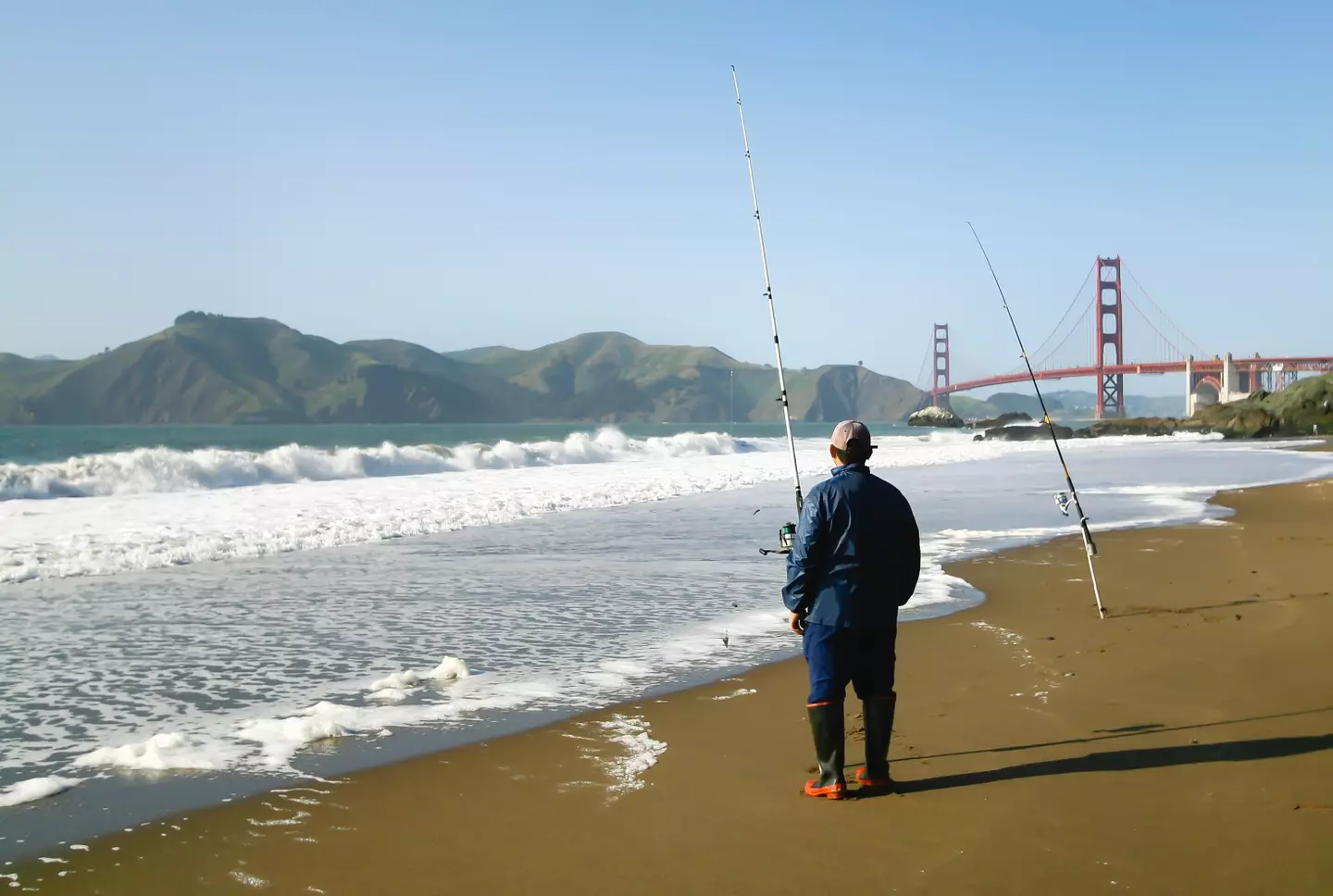
You’ve probably heard a bit about ‘forever chemicals’ recently. Per- and polyfluorinated alkyl substances, or PFAS, are called forever chemicals because they endure in the environment and in animal and human bodies without breaking down, and they can accumulate over time.
There are at least 5,000 different types, with most of them being introduced by packaging, clothing and cookware manufacturers who leapt on their ability to resist water, grease and heat.

Teflon is a common example, used as a non-stick coating on pots and pans, and Gore-Tex used for water-resistant clothing is another. PFAS are also used in fire-retardant protection and foams used by firefighters.
Advert
These chemicals can enter our bodies by chipping off our cookware and into our food, or by leaching into their surroundings. As a result, PFAS have been found in water supplies, pets, crops, meat and fish, and our own bodies.
As it stands, we don’t really know the extent of what the problem means for ours and the environment’s health, but PFAS have already been linked with issues in human immune systems, thyroid function, liver health, and reproductive systems, as well as being linked with cancers, heart disease and pregnancy disorders.
It seems that the problem within the environment is growing, as a new study released on May 21st 2025 found that fish caught in the San Francisco Bay contain PFAS on a level that could pose a threat to human health.
Researchers at the San Francisco Estuary Institute assessed striped bass, largemouth bass, white croaker, leopard shark, white sturgeon and other fish caught between 2009 and 2019 in the Bay, with the majority being fish types that aren’t sold or consumed commercially.

They are caught and eaten by recreational anglers and people whose lifestyles depend on catching and eating fish, such as members of poorer Black and Hispanic communities from the Berkeley Marina.
Of the tested fish, 83% of them contained PFAS in excess of the limits set in Massachusetts for safe daily consumption, with California not having its own state-led advice on forever chemicals in fish. A third of them contained PFA levels that meant they weren’t safe to eat in portions as small as half a pound a week (227g).
“All along the shoreline of San Francisco Bay, especially along the Carquinez, we see how many polluting industries are there,” said LaDonna Williams, a programme director at environmental justice nonprofit All Positives Possible. “Yet people still fish there and, because of finances, many people eat that fish.
“Do you just close your eyes and pray over your food?…That’s a heck of a decision to have to make.”
Given PFAS ability to leach into and spread amongst waterways, the findings in the Bay Area indicate California has a serious waterborne PFAS problem affecting local wildlife.
“We know already that (these chemicals) are impacting all of us,” said Miguel Méndez, an environmental scientist and co-author of the study, in a press release.

“But we also know that there’s a lot of communities in the Bay that fish, and a lot of these communities tend to be underrepresented and more marginalised in the Bay.”
Wesley Smith, a senior toxicologist at California’s Office of Environmental Health Hazard Assessment, said the agency is working on perfluorooctane sulfonic acid (PFOS) guidance – PFOS being a type of PFAS – but it’s unclear when it will be published.
He explained that other states had likely taken earlier action than California as a result of local incidences of high PFAS levels, and that this research may accelerate the Golden State’s own remedial measures: “We’re in a better position to move forward.”
